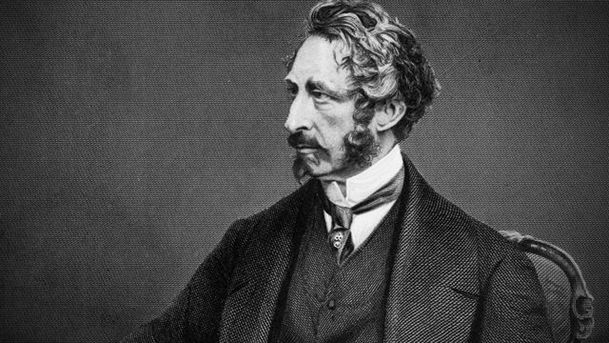It Was A Dark and Stormy Night

We may no longer be familiar with his novels, nor with his scientific theories, but thanks largely to the Snoopy Cartoons, the Goon show and sundry other borrowers and mockers, everyone can quote part of Edward Bulwer-Lytton's opening sentence: "It was a dark and stormy night; the rain fell in torrents - except at occasional intervals, when it was checked by a violent gust of wind which swept up the streets (for it is in London that our scene lies), rattling along the housetops, and fiercely agitating the scanty flame of the lamps that struggled against the darkness." San Jose University in California now run a very popular Dark and Stormy Night competition. The winner is charged with writing the opening sentence to the worst of all possible novels. But Ian Peacock has a sneaking feeling that there's more to Bulwer-Lytton than being simply the patron saint of Victorian gothic kitsch. He was hugely popular in his lifetime (Dickens and Mary Shelley were fans). Works like 'Pelham' and 'The Last Days of Pompeii' made him a literary star. And he was fascinated by scientific discovery, as well as the spookier side of life: his novel 'The Coming Race' is still dear to the science fiction community. It was in this book that he created Vril - electro-magnetic energy which fuels flying machines and automata, and even makes telepathy possible. Add Vril to bovine and you end up with the popular beef-tea energy drink Bovril - another Bulwer-Lytton legacy. He also coined the phrases 'the great unwashed' and 'the almighty dollar.' As if that isn't enough for one life, Bulwer-Lytton became an outrageous dandy, served as an MP, dabbled in the occult, and had a wife who publicly heckled and libelled him for decades. And Wagner was an enthusiast, using one of Lytton's novels as the basis for his early opera Rienzi. Bulwer-Lytton's stormy life, his writing and his popularity are Ian's focus in this programme. He visits Knebworth Hall, Lytton's home for many years and the source of some of his darker writing and he talks to Professor John Sutherland to judge his literary merits. Sutherland describes him as, amongst other things, 'the father of the English detective novel, science fiction, the fantasy novel and the thriller.' Producer: Tom Alban.